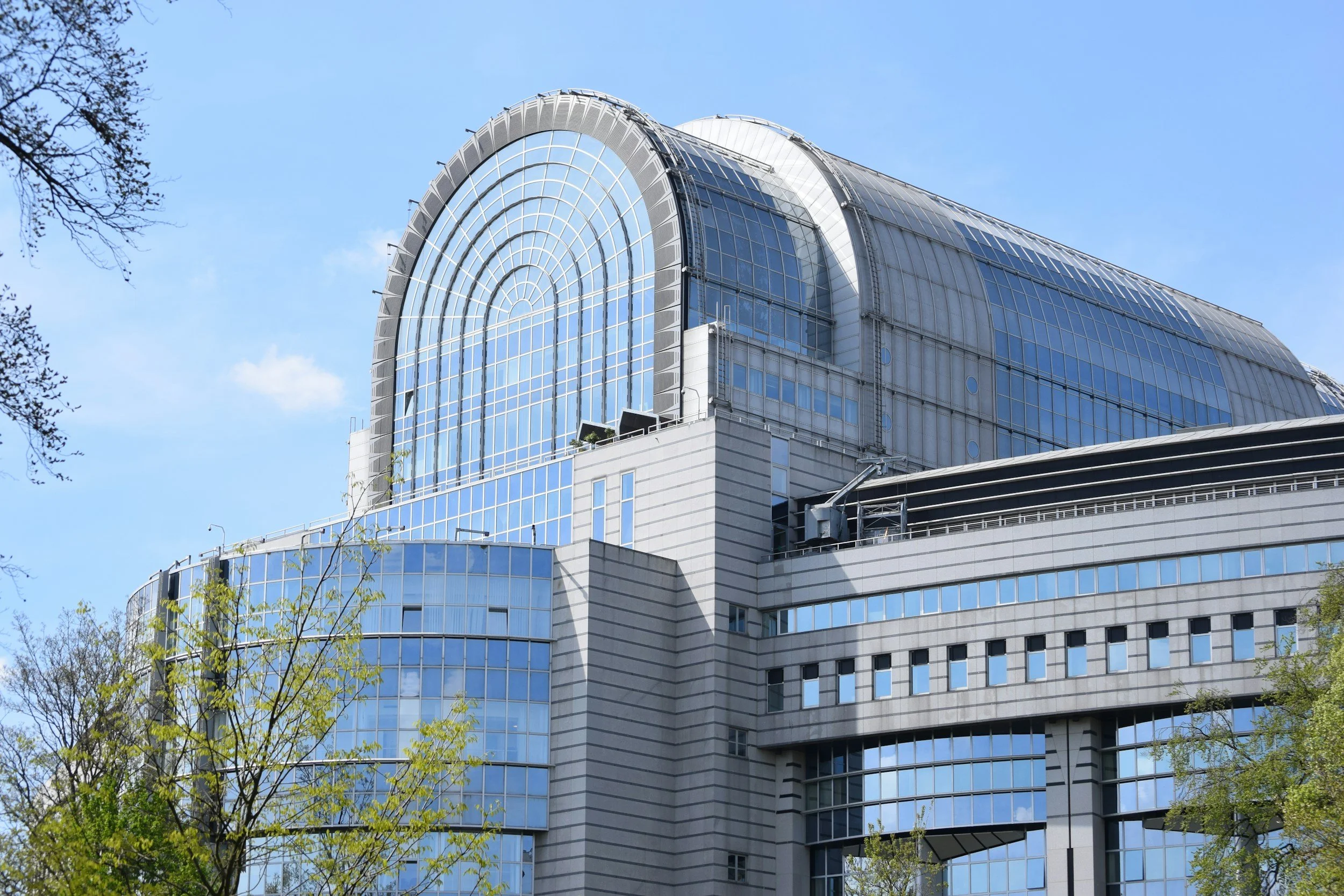Corporates and the enduring appeal of sustainability
Two major reports released in July 2025 confirm a clear trend: corporations remain committed to sustainability.
Morgan Stanley’s “Sustainable Signals: Corporates 2025” found that 88% of global companies see sustainability as a long-term value creation opportunity. Similarly, EcoVadis’ “2025 US Business Sustainability Landscape Outlook” revealed that 87% of companies are maintaining or increasing sustainability investments, with two-thirds viewing it as a driver of growth and competitive advantage.
However, both reports also highlight a growing trend of greenhushing, companies choosing not to publicise their sustainability efforts for fear of scrutiny and negative attention. This reflects the increasingly contentious climate in regions like the US, where legal threats have emerged over even modest ESG initiatives, such as emissions tracking or diversity policies.
Despite these challenges, corporate sustainability efforts continue, largely driven by consumer expectations. PwC’s 2024 consumer report showed that 85% of people globally have experienced climate change’s disruptive effects first-hand. As a result, 46% are buying more sustainable products, and 80% are willing to pay a premium, on average 9.7% more, for sustainably sourced goods.
Investor pressure is also a major factor. In 2024, Morgan Stanley reported that 78% of global asset managers and 80% of asset owners expect growth in sustainable funds over the next two years. Additionally, over 90% of institutional investors cited client demand as the primary driver of sustainable investing, and 76% of companies anticipate increased investor scrutiny on climate risk and transition plans.
The growth of sustainability reporting frameworks
Sustainability has evolved from a “nice-to-have” to a core strategic priority. Leading companies now use it to demonstrate leadership, attract talent, and build long-term value. This shift has spurred the proliferation of sustainability frameworks, ratings, and standards, such as GRI, SASB, CDP, TCFD, SBTi, B-Corps, and EcoVadis, each with its own methodology and audience.
Framework popularity is also shifting. While SASB and CDP once dominated, SBTi, B-Corp, and EcoVadis are gaining traction. For example, EcoVadis has rapidly grown into a leading tool for assessing sustainability in supply chains. Though voluntary, many companies are now expected, or required, to undergo EcoVadis assessments as part of procurement processes.
Similarly, making an SBTi commitment is becoming standard, especially for companies backed by private equity firms that face increasing pressure to pledge net zero targets. Over the last 18 months, the number of corporates committing to both near-term and net-zero targets have increased by 227%. These frameworks are driving a surge in sustainability disclosures, though they also introduce commercial burdens as companies allocate more resources to reporting.
Looking ahead, the landscape of corporate sustainability will continue to evolve. Companies are expected to deepen their understanding of climate risks and opportunities, refine their strategies, and use frameworks more strategically. Regulation, investor expectations, and consumer demand will remain key forces shaping this journey.
If you’d like to explore any of the frameworks mentioned, we’re happy to help clarify what’s required so please get in touch.









